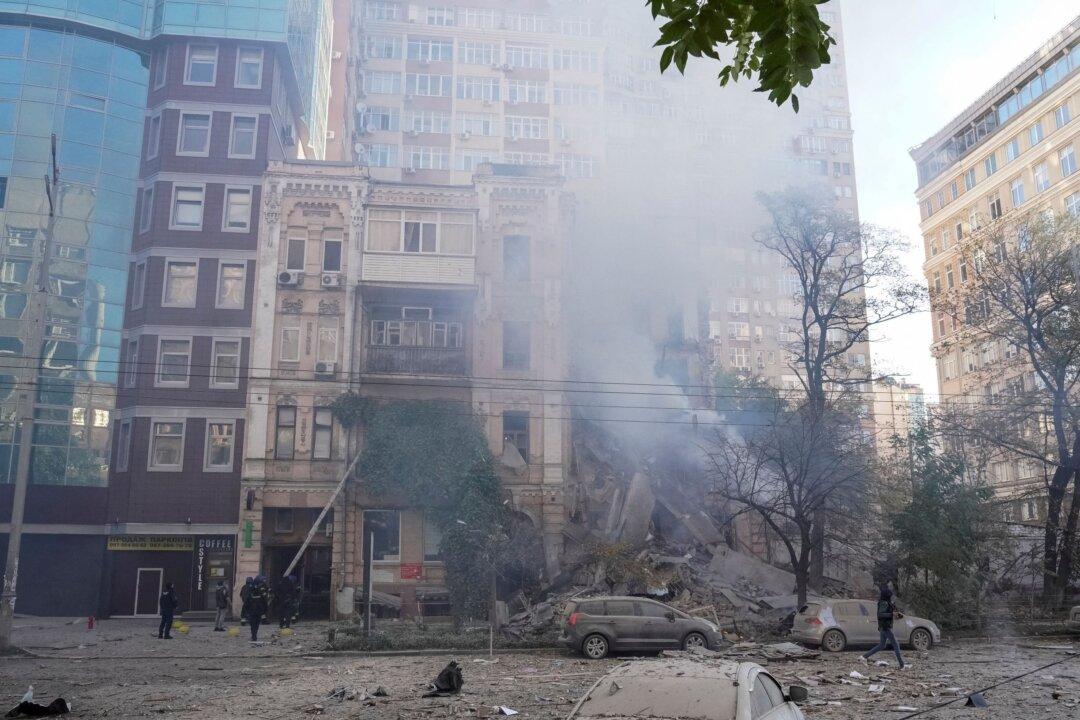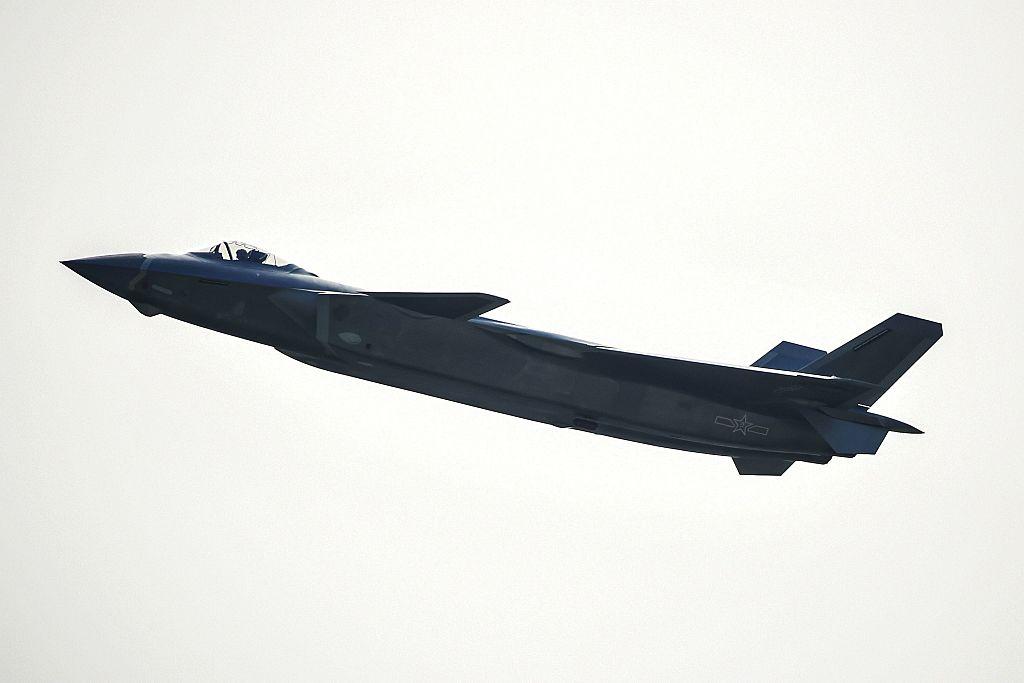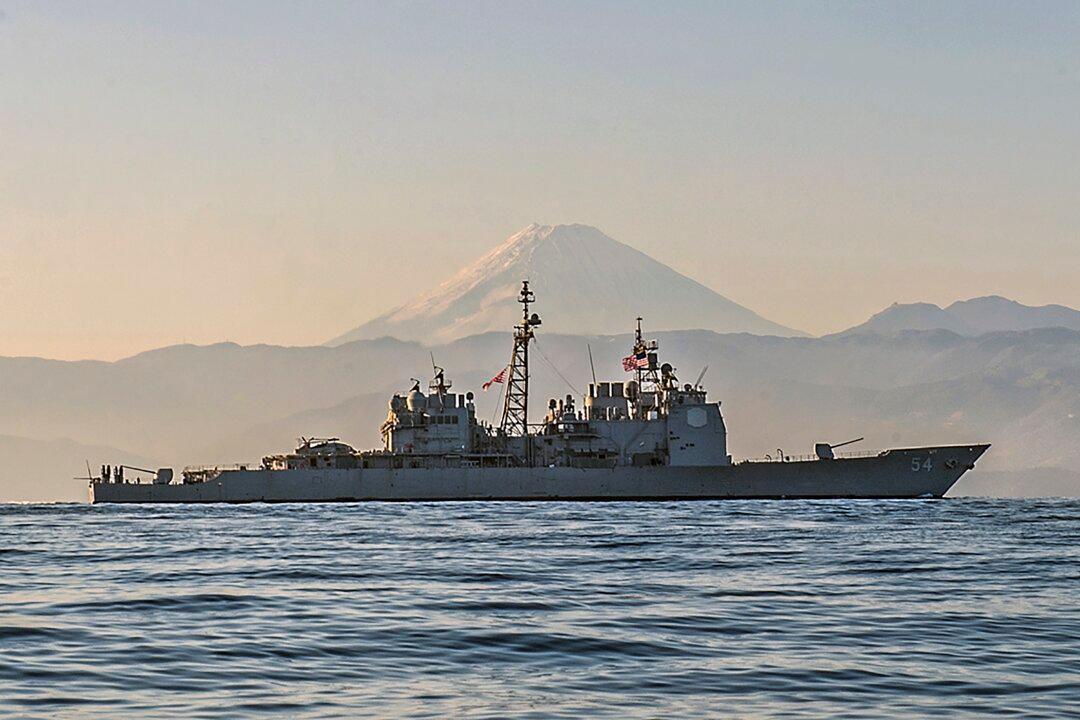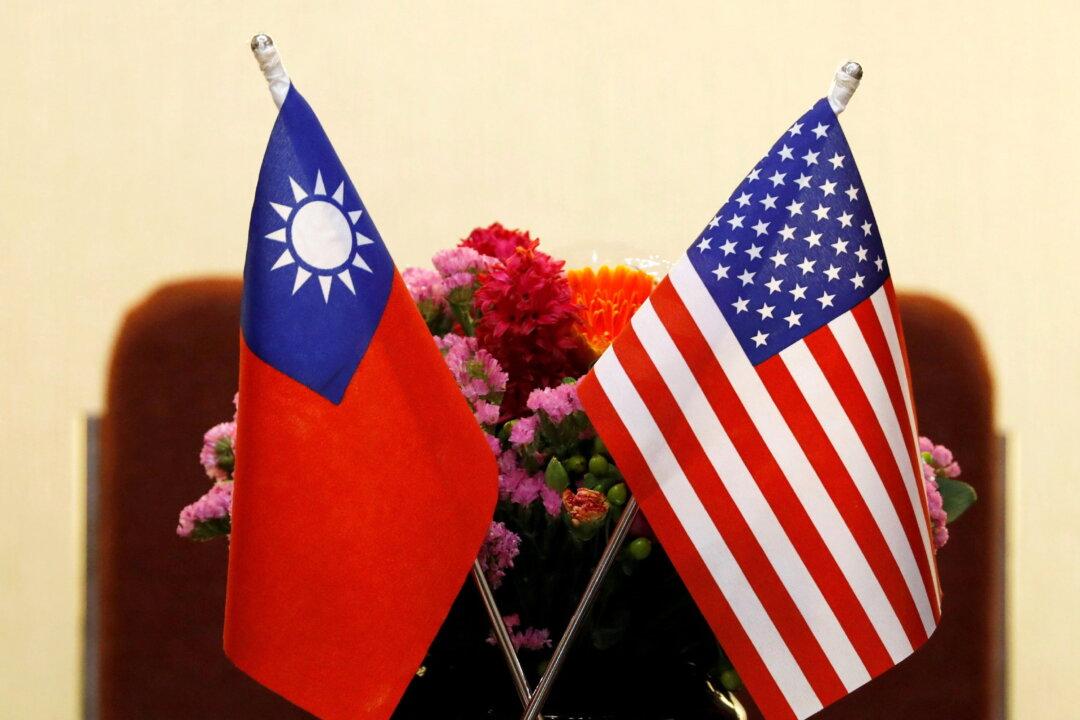Commentary
Despite frequent appeals and complaints from Ukrainian leaders, Israel has refused requests to provide weapons to Ukraine. Ukraine is now suffering barrages of cruise missiles and suicide drones hitting targets across Ukraine, weapons that are destroying Ukraine’s critical infrastructure.





